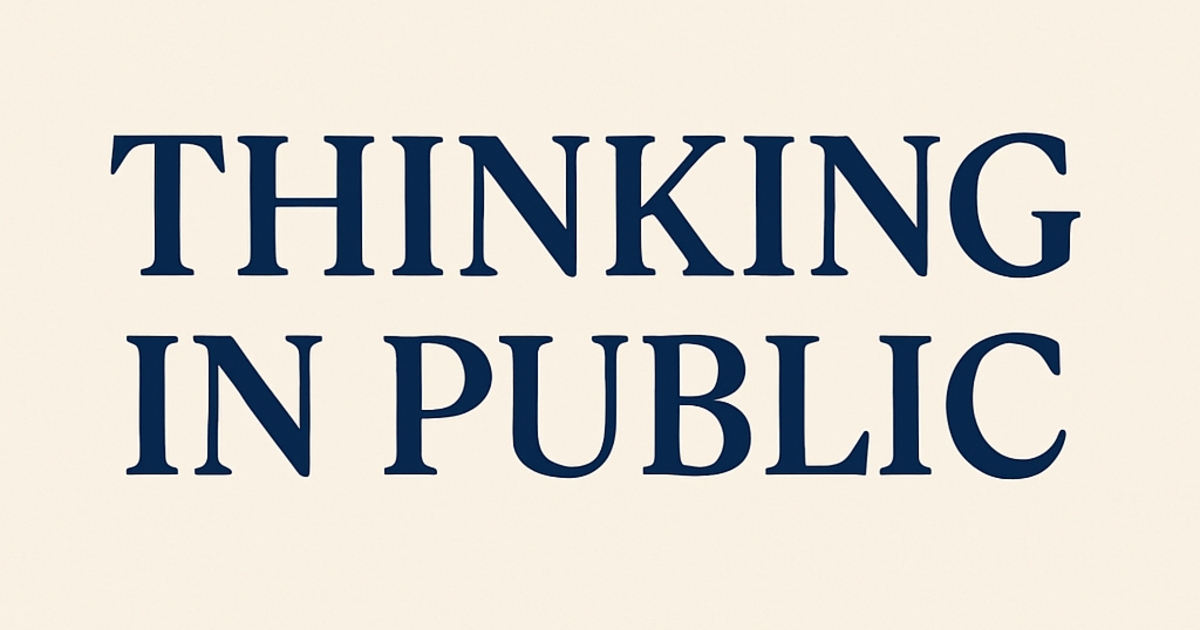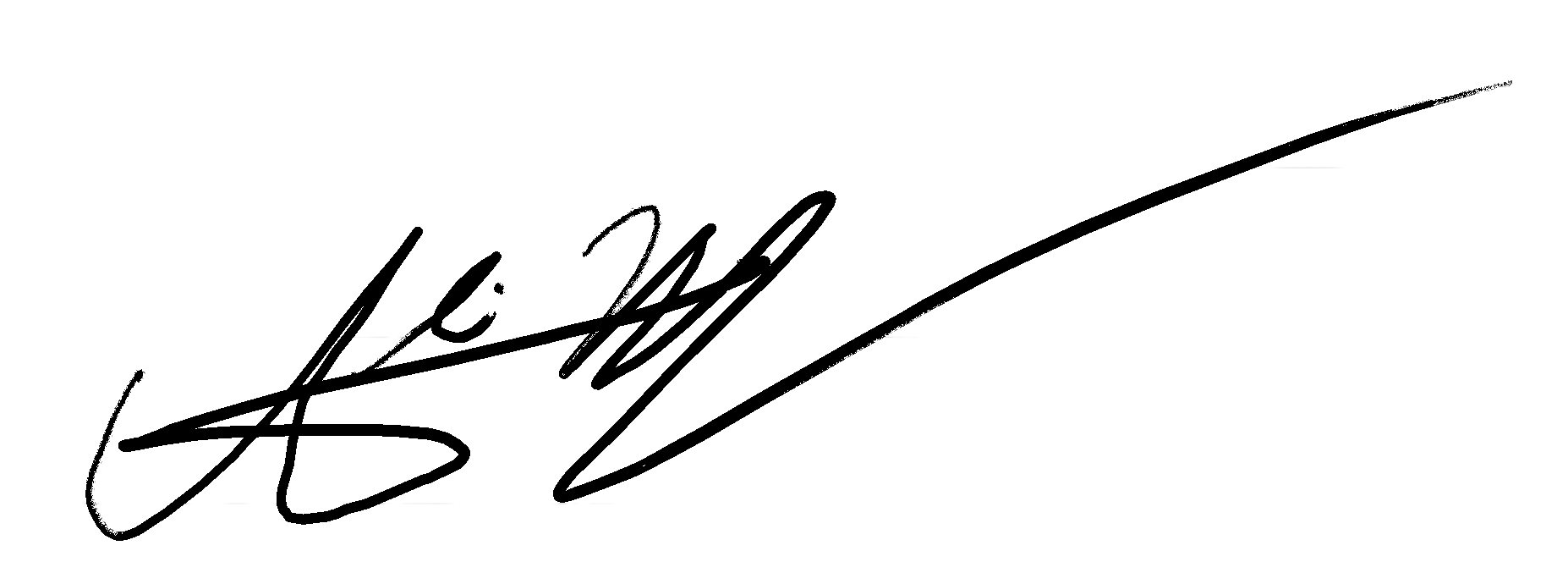You need skin in the game
Good people must embrace economic power to drive positive change, or risk leaving societal influence to those less principled and visionary.

There’s something quietly tragic about our current moment:
The people most equipped to make the world better are often the ones who refuse to pursue power, influence, or wealth.
They tell themselves it's virtuous.
They’re not greedy. They’re above all that.
They care about meaning, not money.
And they’re not wrong — except that they are.
Because in their refusal to build, to earn, or to scale, they create a vacuum.
And that vacuum doesn't stay empty.
It gets filled — by the ruthless, the indifferent, or the blindly opportunistic.
Not because those people are better. Just because they showed up.
Good people, by opting out, hand over the keys.
The Quiet Exit
When I was younger, I used to think that the world was shaped by the best ideas. That if something was clearly better — more ethical, more logical, more helpful — it would eventually rise to the top.
But the world doesn't work that way.
It’s shaped by the people who act.
And acting at scale — building institutions, changing systems, shifting culture — requires resources. Money. Capital.
Good people often stop at intention.
They do good work in quiet corners, one person at a time. And then wonder why the world never seems to change.
It’s because the other side is playing a different game.
While you're helping a patient, they're acquiring the clinic.
While you're tutoring a student, they're building the curriculum company.
While you're protesting, they're lobbying.
They understood something you didn’t: capital is the infrastructure of change.
The Ethics of Scale
Some people think wanting money is inherently selfish. That the pursuit of wealth is tainted.
But that’s a category error.
Money is not a moral force. It’s a tool — a force multiplier.
It doesn't tell us who you are. But it gives you more room to be it.
If you’re selfish, it lets you indulge.
If you’re generous, it lets you uplift.
If you’re a builder, it lets you build faster.
Wealth earned by solving problems and serving people isn't dirty. It’s deserved. And when it's in the hands of someone principled, it's better there than in someone else's.
If you're the kind of person who wouldn’t sell out — then you're exactly the kind of person who should be resourced. Not avoided. Empowered.
In fact, it might be unethical not to pursue capital — if it means you’re leaving the world to be shaped by people with worse intentions.
The Cost of Abstaining
The idea that wealth corrupts is deeply embedded in certain cultures — especially in academia, activism, and medicine. There’s a narrative that the only way to stay good is to stay broke.
But here’s the cost of that mindset:
- Healthcare systems run by administrators who never practiced medicine.
- Education systems designed by people who never taught a child.
- Global aid directed by bureaucrats instead of the people on the ground.
- Startups solving fake problems because the ones with heart didn’t show up.
This isn’t a theoretical problem. It’s a massive opportunity cost — one we feel in poor policy, broken systems, and uninspired institutions.
The people we wish were in charge aren’t in charge — because they chose not to be.
The Illusion of Virtue
It’s easy to pat yourself on the back for rejecting money.
To say “I’m just here to help,” and feel superior for not caring about status or wealth.
But if your refusal to build means someone worse fills the gap, are you really helping?
If you could build a clinic, but chose to stay a solo practitioner — is that humility or fear?
If you could teach a thousand students with a scalable course, but choose to tutor one — is that noble or comfortable?
We tell ourselves these choices are modest. But sometimes, modesty is just selfishness in disguise.
Capital as Moral Responsibility
Imagine a world where more ethical, thoughtful, service-minded people controlled wealth.
What would it look like?
- Businesses that actually cared about their users.
- Medical tools designed around patients, not payers.
- Education platforms that prioritized learning over engagement metrics.
- Cities built for humans, not cars.
We don't get that world by wishing for it.
We get it when people like you decide to play the game — and play to win.
This doesn’t mean becoming greedy. It means becoming responsible.
It means seeing wealth as a vehicle, not a vice.
If you trust yourself to wield it well, then you have a duty to pursue it.
Because someone else will — and they might not share your values.
Play Bigger
You can still treat patients. Still teach. Still care deeply.
But if you want to shape the world, you need to scale.
That requires capital.
That requires courage.
That requires unlearning what you were taught about ambition.
You don’t have to worship money. But you shouldn’t fear it either.
It’s just a tool.
And the future depends on who picks it up.
